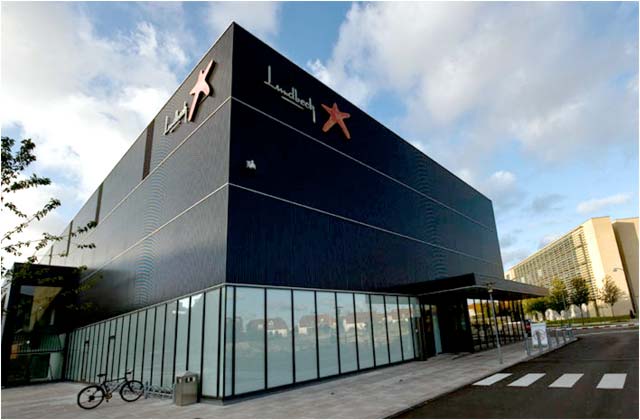23 Juillet 2012 - La jeune société de biotechnologie ADx Neurosciences de Gand, a récolté 1 million d'euros lors de son premier tour de financement.
ADx Neurosciences se concentre sur le développement de nouveaux biomarqueurs pour la détection précoce de la maladie d'Alzheimer. Elle été fondée il y a moins d’un an, en septembre 2011 par quatre pionniers d’Innogenetics : Paul Appermont (ex-Janssen), Koen Dewaele, Eugeen Vanmechelen et Hugo Vanderstichele. Les quatre participent au tour de financement d’ADx, aux côtés de nouveaux investisseurs : l’allemand Euroimmun AG et la belge Ambo Holding. Ces deux derniers ont chacun souscrit 250.000 euros.
-->
Via ADX, Euroimmun (D-Lübeck) souhaite
entrer dans le domaine des tests de la maladie d'Alzheimer, selon le Chief Business Officer d’ADx, Paul Appermont.
L'autre nouvel
actionnaire nouvelle est la société Ambo Holding (Sint-Martens-latem), dirigée par Bénédicte
et Véronique Laureys, les filles de Lucas
Laureys, le patron de l'entreprise de lingerie
Van de Velde.
Source : Belga,
Trends, Knack et PharmaNews.




 Dirk Cuypers – président du comité de direction du SPF Santé publique
Dirk Cuypers – président du comité de direction du SPF Santé publique
